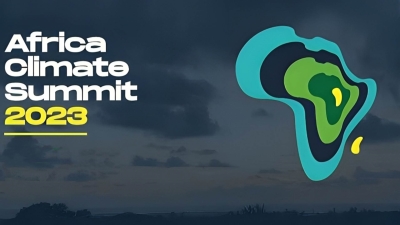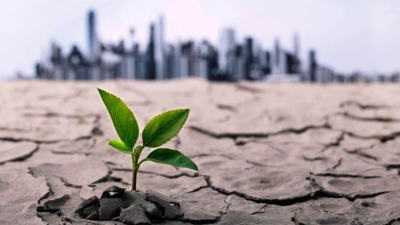Climate Change Threatens Global Food Security: Severe Decline in Seafood Nutrients Hits Poor Nations Hard
First Bank

The impact of climate change on our lives is increasing day by day, as evidenced by scientific studies. One of the most concerning effects is its impact on the nutritional value of fish, upon which developing and low-income countries heavily rely in their diets.
A recent study from the Canadian University of British Columbia, titled “Climate Change Exacerbates Disparities in Seafood Nutrition,” published in “Nature Climate Change,” reveals that nutrients in seafood, such as proteins and supplements like Omega-3, may decrease by 30% in low-income countries by the end of the century.
This poses a grave threat, as low-income countries, particularly those in the Southern Hemisphere, consider seafood a crucial element in their diets. The study focused on four essential nutrients for human health found in seafood: calcium, iron, protein, and Omega-3 acids. Researchers analyzed historical fish availability, databases related to the adaptation of marine life forms, and integrated this with predictive models of future climate systems.
The study found that the availability of these nutrients peaked in the 1990s, remaining stagnant until the first decade of the 21st century, despite increases in seafood farming and invertebrate harvesting, such as shrimp and oysters.
All four nutrients are expected to decrease from catches, with calcium being the most affected, projected to decline by approximately 15% to 40% by 2100 under low and high emission scenarios, respectively.
The study also indicates a significant decline in the availability of all four nutrients from tropical waters in low-income countries, such as Indonesia, Solomon Islands, and Sierra Leone, by the end of the century under high emission scenarios, compared to minimal decreases in high-income countries with non-tropical waters, such as Canada, the United States, and the United Kingdom.
It suggests that these reported percentages in low-income countries could be reduced to around 10% if the world achieves the goals of the Paris Agreement, limiting global warming to no more than 1.5 to 2 degrees.













